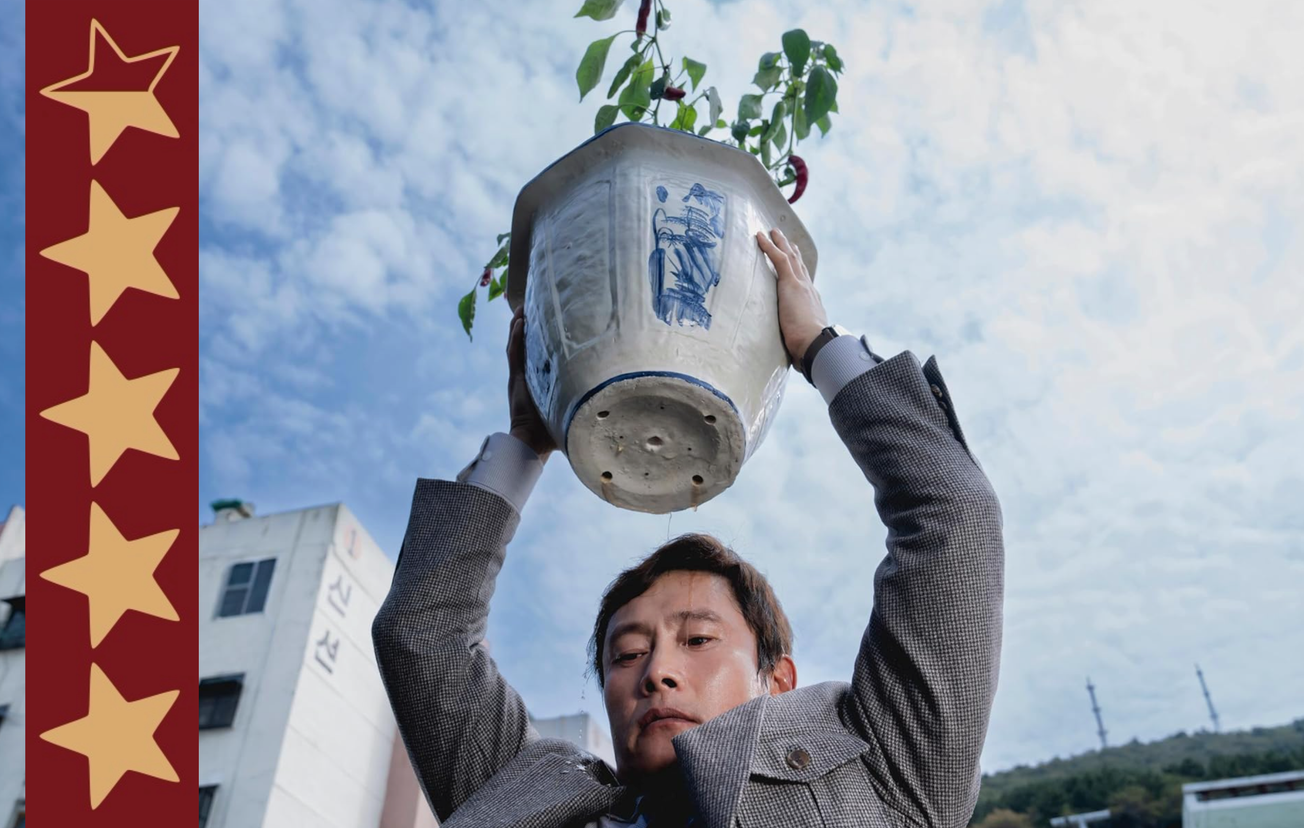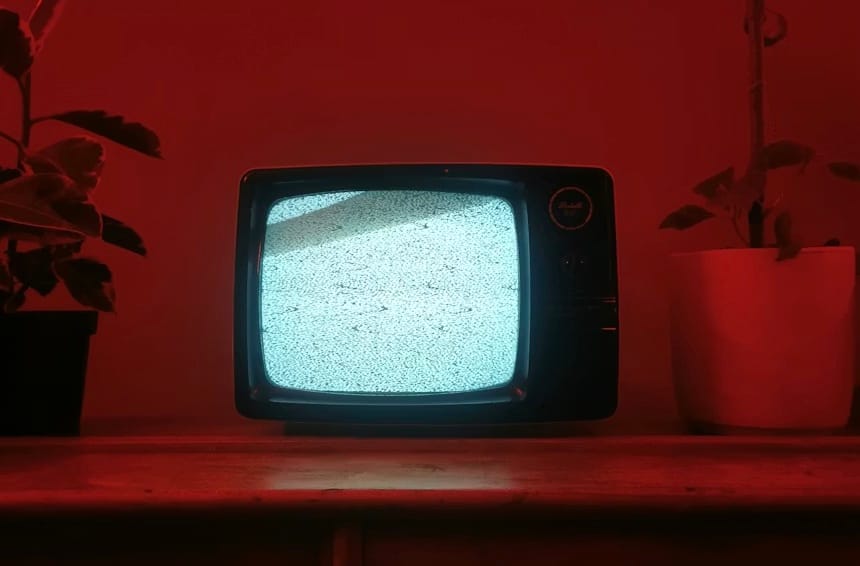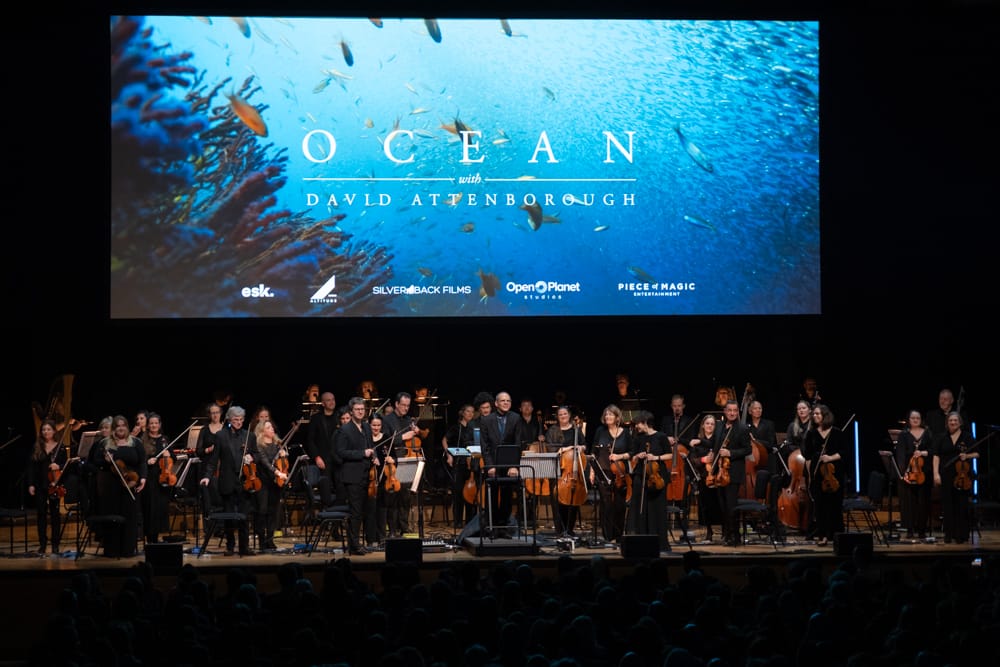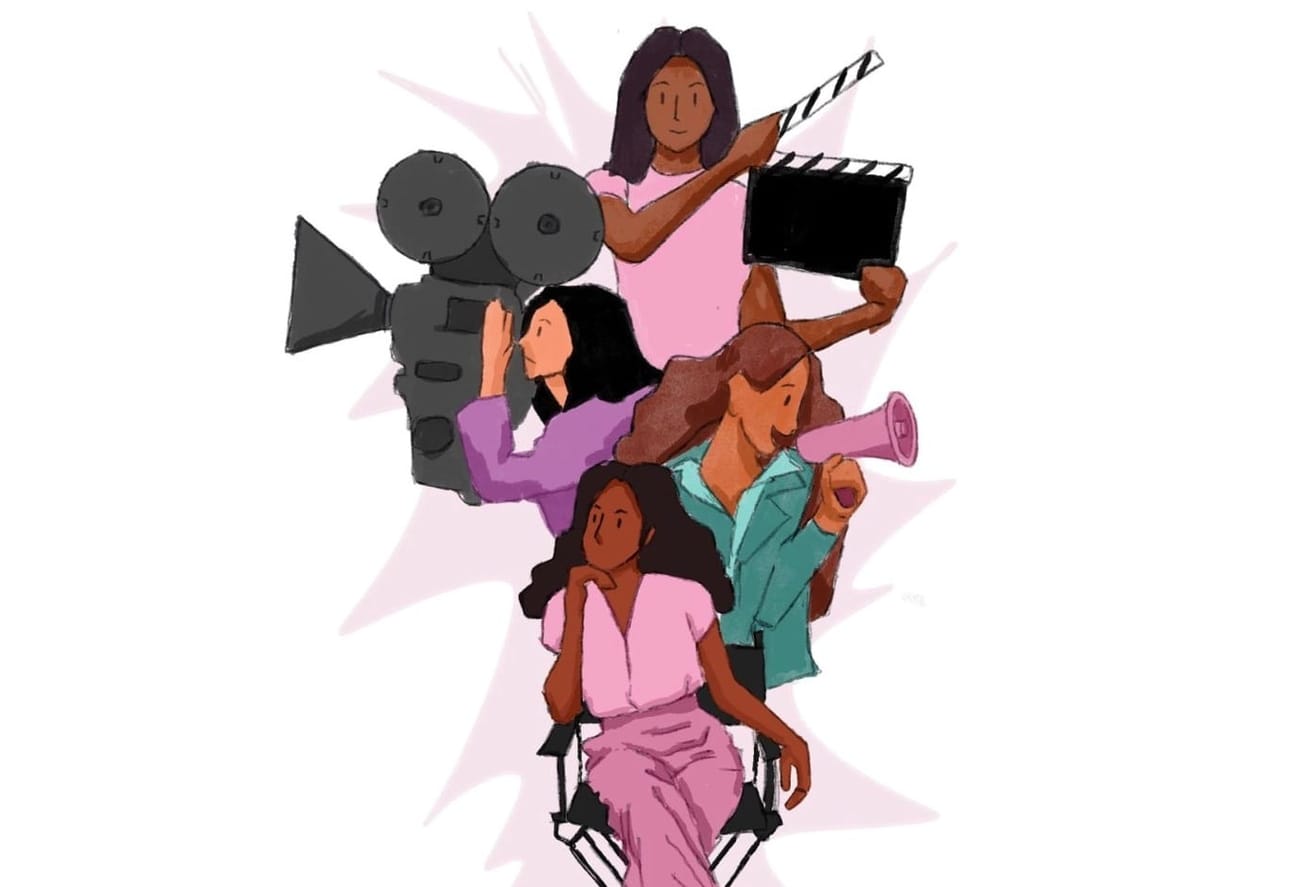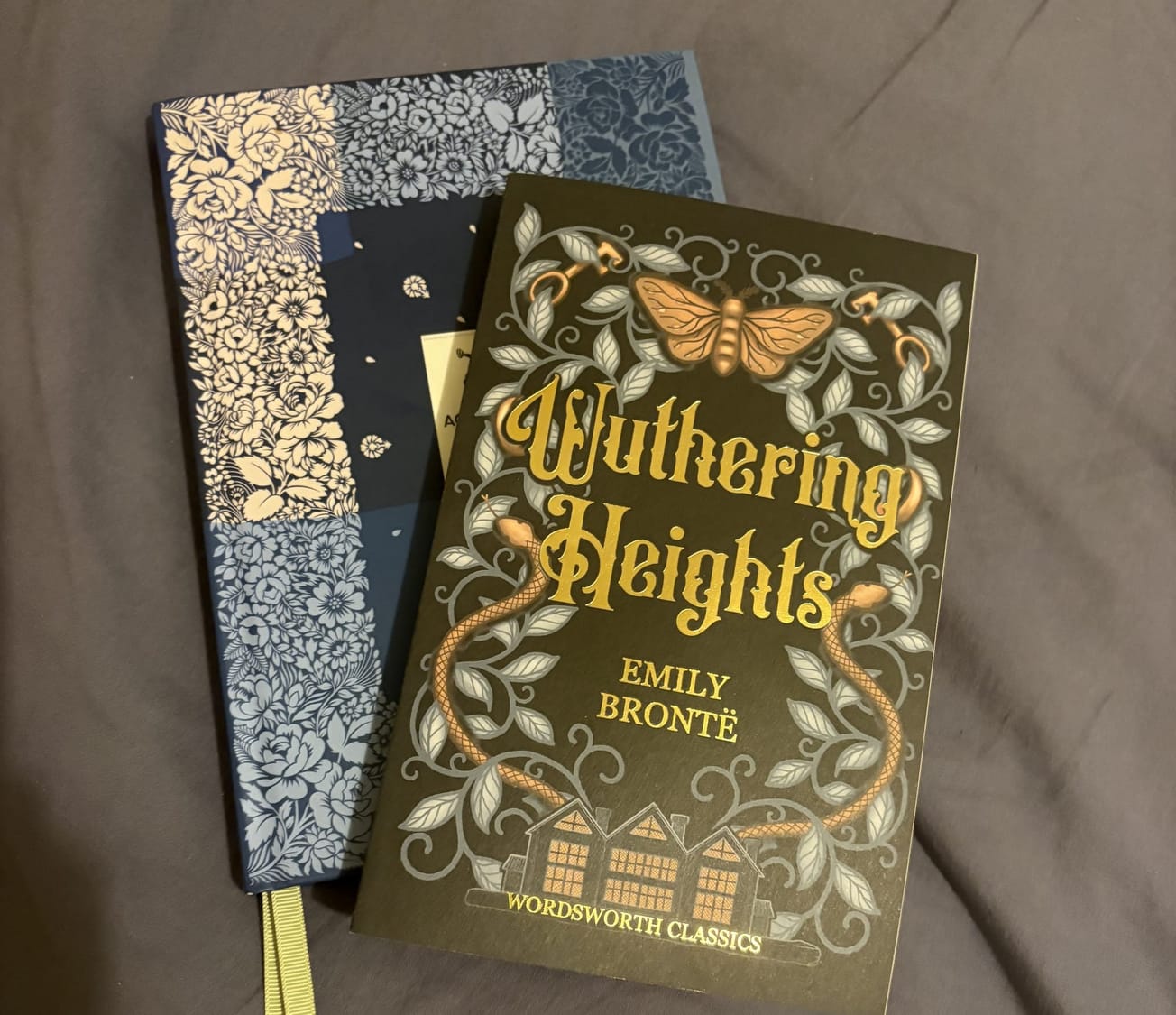By Elinor Cole, Second Year, History
Brooke Shields’ new documentary Pretty Baby (2023) expresses an empowering feminist sentiment with subject matter that makes for a rewarding yet sometimes uncomfortable viewing. Providing an in-depth look into the life and career of “all-American beauty” Brooke Shields, this two-parter is both thought-provoking and engaging as it navigates us through her experience of misogyny and sexism, in both celebrity culture and wider society.
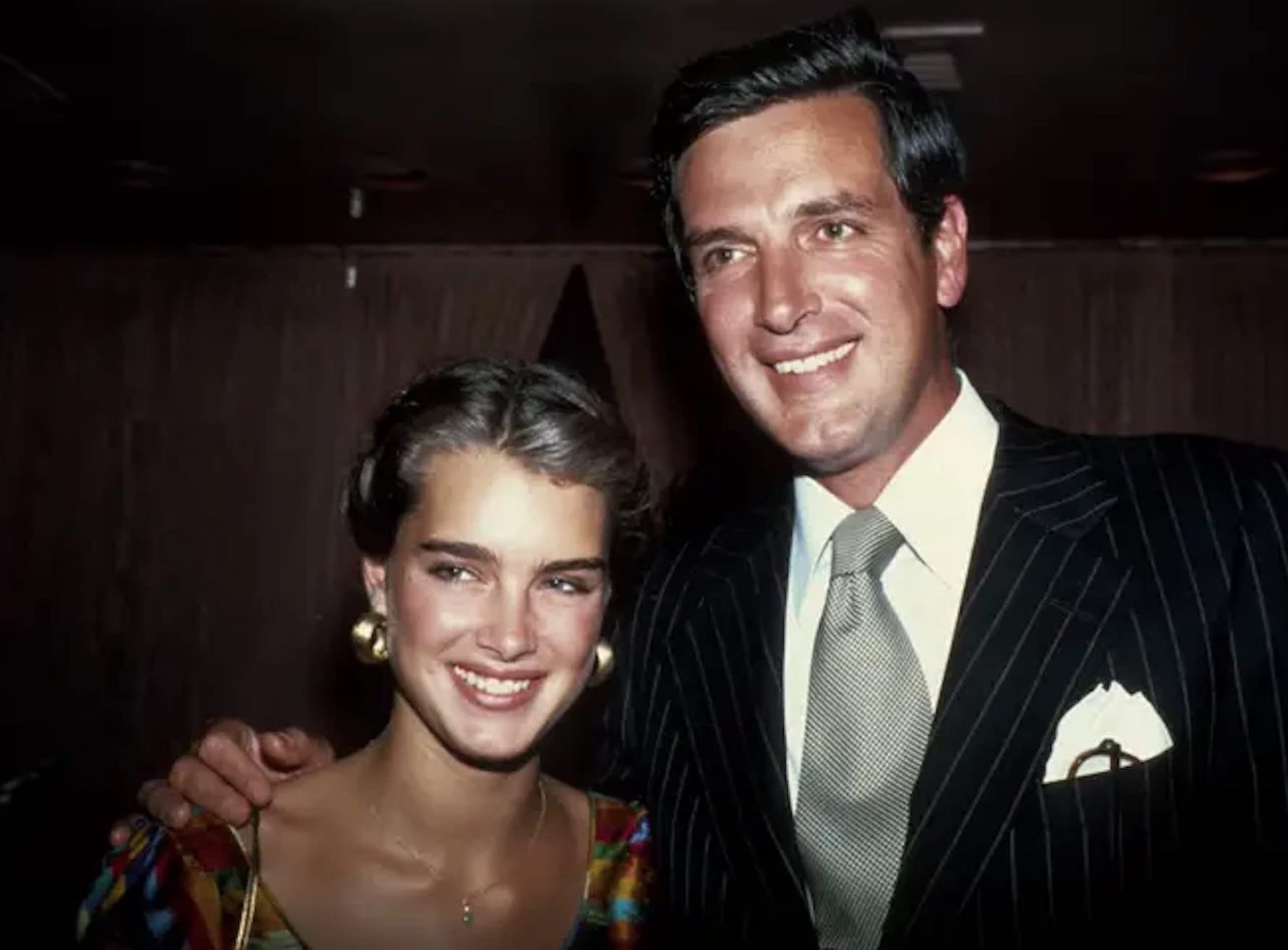
With her mother (Teri Shields) as her manager, Brooke casually describes her incredibly troubled childhood as “bohemian”. We learn that from a young age, she not only became responsible for her mother financially, as the principal breadwinner, but also in an emotional capacity, due to her mother’s persistent struggle with alcoholism.
Her long-term friend, actress Laura Linney describes instances where they both would hide from Shield’s mother when she came home intoxicated, only to emerge when the house fell silent (as this signalled that she had fallen asleep).
What is most surprising however, is the sexualised nature of the films Brooke’s mother approved for her daughter to star in. Louis Malles’ 1978 film Pretty Baby (which the documentary unsurprisingly derives its name from) is the first example of this, with 11-year-old Shields playing a child living in a 1917 brothel. She not only partakes in nude scenes, but she also experiences her first kiss onset with 29-year-old actor Keith Carradine.
Whilst this sparked outrage across America, it did not stop Brooke from acting in similar roles. The 1980 coming-of-age film Blue Lagoon offers yet another example, as it depicts 14-year-old Shields in a highly sexual and romantic relationship with 18-year-old co-star Christopher Atkins.
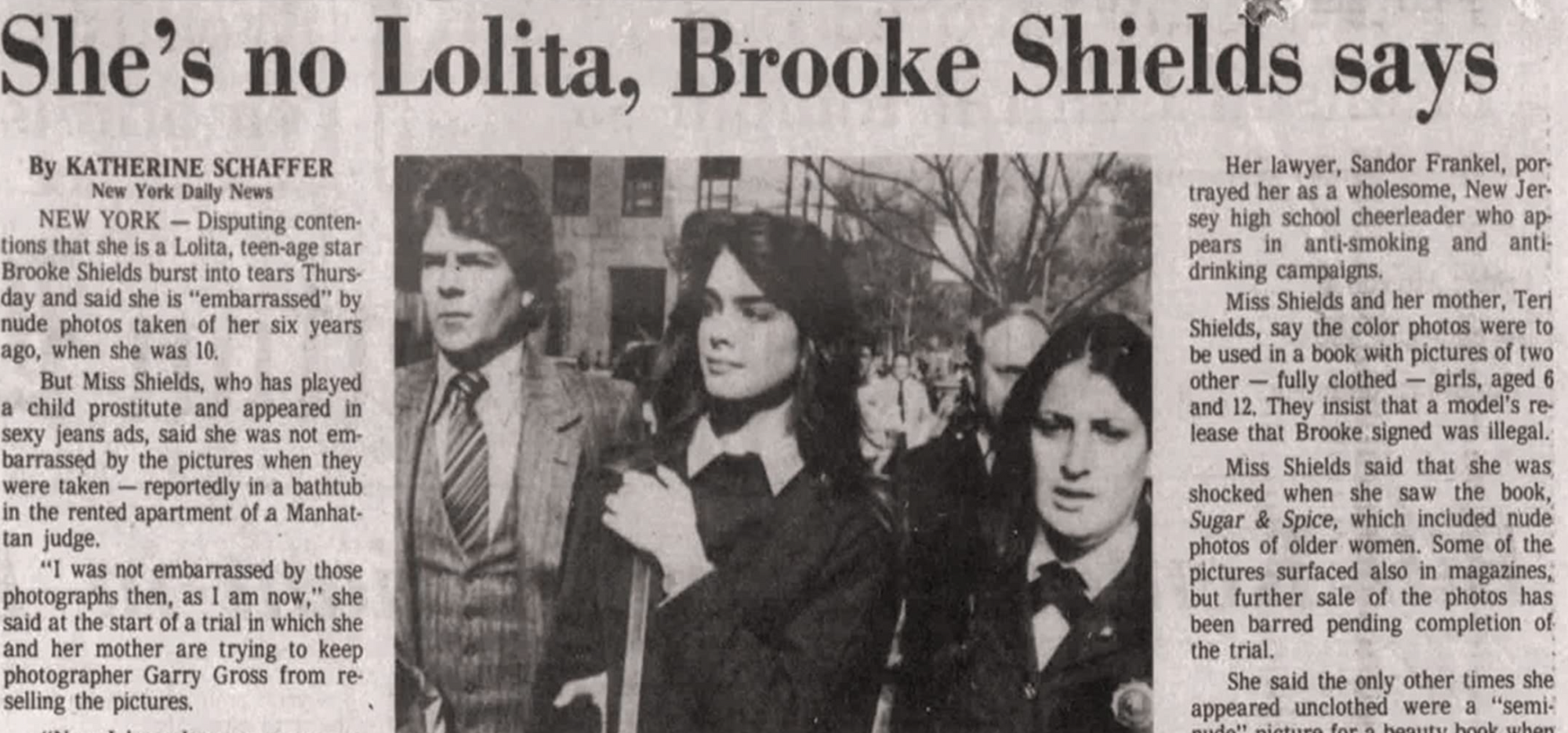
Whilst Shields does accept that the media’s sexualisation of her as a child helped form a difficult relationship with sex, she makes it clear that she does not label herself as a victim. This fighting spirit manifests in a number of ways throughout the documentary.
Not only did Shields study French Literature at Princeton University (which proved her intellect to all those who doubted it) but she also utilised her own experience with postpartum depression to campaign for greater research and awareness. This can be seen in her 2005 book My Journey Through Postpartum Depression which was subject to rather bizarre criticism from Tom Cruise. Shields also advocated the 2007 “Mother’s Act”. This bill strived for greater research into postpartum whilst assisting healthcare providers in identifying and treating its sufferers.
For the most part I find Shields’ strength inspiring, however, I have to question her inability to call herself a victim. She does accept her naivety and innocence in Hollywood. She does point to the manipulative actions of those responsible for her, with phrases like “I wasn’t told it was important to have agency”. Yet, when she discusses these topics with her Gen-Z daughters she lacks all self-awareness of her victimhood. It is as if she has returned to a child-like innocence.
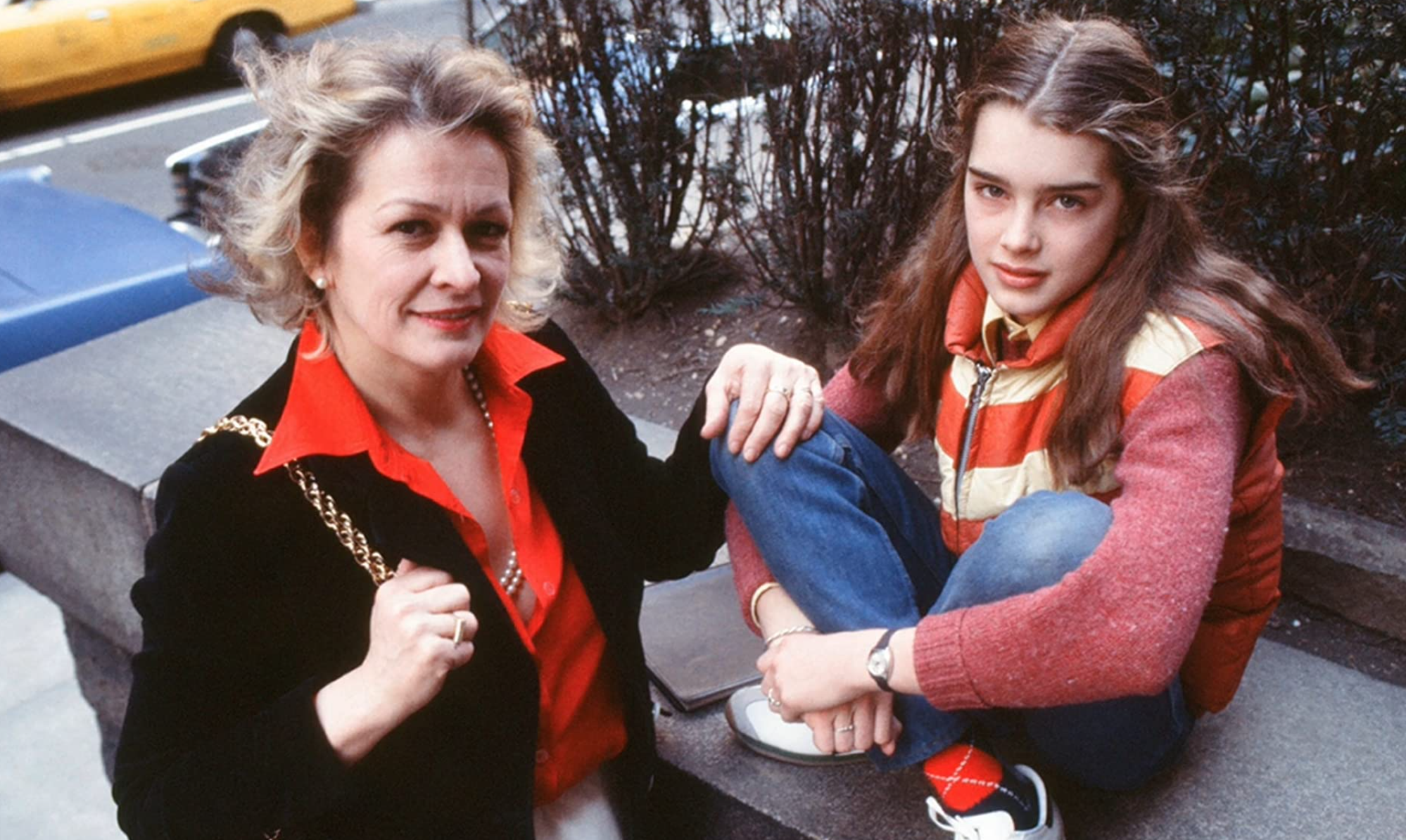
Aside from Brooke Shields herself, Pretty Baby features a whole range of perspectives, from fellow child star Drew Barrymore, musician Lionel Richie, author Meenakshi Durham and Sociologist Jeffrey Alexander.
Perhaps what struck me the most about Pretty Baby, however, was its title. Brooke Shields has taken the name of the first film she took part in, the very film where her innocence was exploited for the purpose of cinema. By giving the documentary the same name, Shields has made the empowering decision to reinvent herself and tell her own side of the story.
Overall, the documentary fights against a truth that women are all too aware of. It does not matter how much a woman achieves, or what impact she leaves on the world - her worth is determined by her ability to be beautiful and silent.
Featured Image: IMDB
Did this documentary make you think differently about the career of Brooke Shields?


